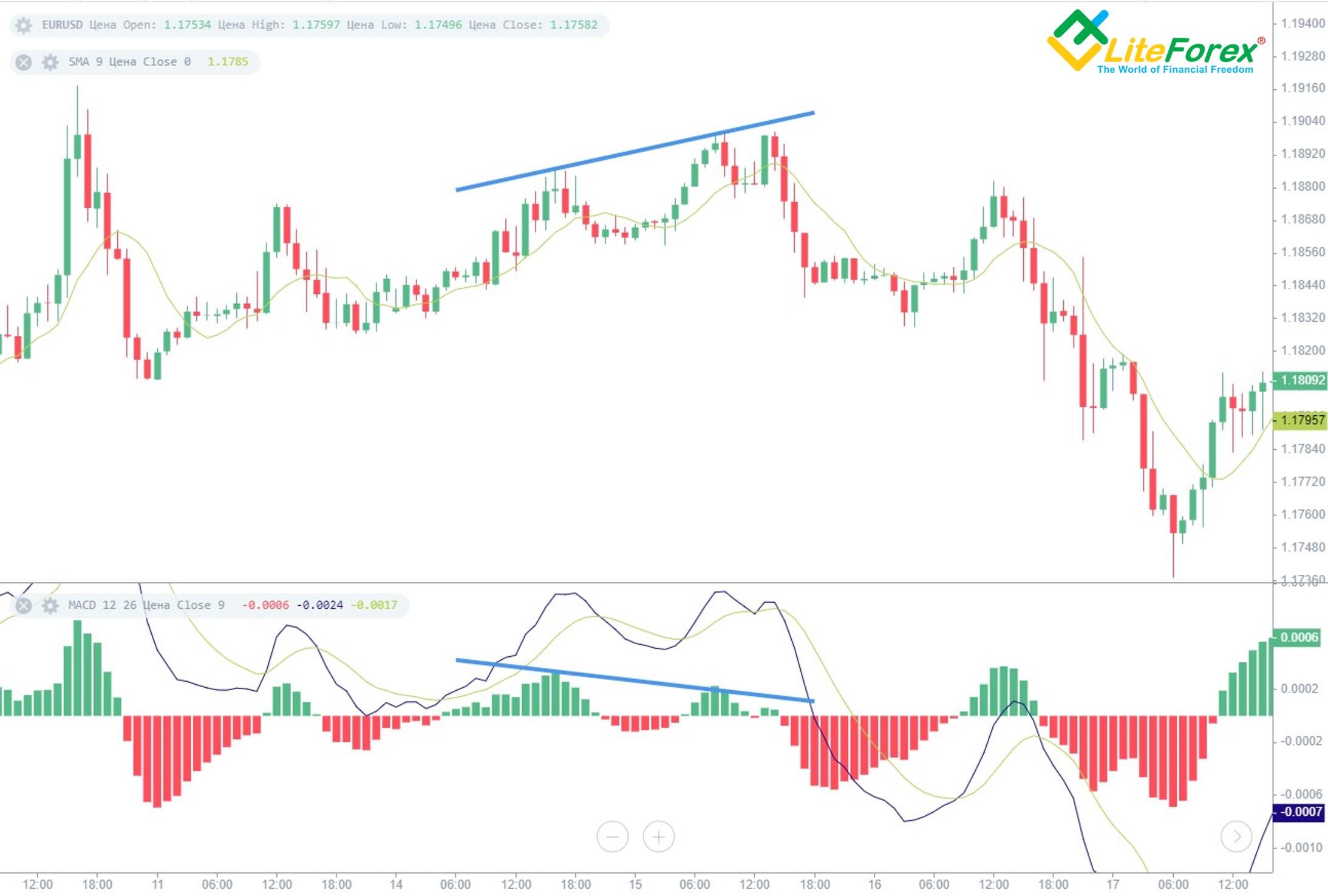
Futures hedging is an effective way to minimize price risks for businesses by buying and selling futures contracts. The Latin term "hedge" literally means to lock in. Futures contracts, used as a hedge, can protect an enterprise from market fluctuations and other volatile commodity prices.
Many companies and individuals use hedging, including oil producers, retailers and energy producers. Investors also use this strategy, especially if they want to diversify and reduce the volatility of their portfolios.
Future contracts are the most common form of hedge. Contracts that guarantee a fixed quantity of an asset such as energy or grain for a specified date. The price of the agreement is fixed now but the delivery will take place at a future date.

A farmer who hedges wheat wants to limit the amount of money he loses if the price drops. He sells short a wheat futures contract, and repurchases it at a higher price. So he limits his losses but still gets the same net proceeds, $44-$4.
However, hedging does not protect against changes in the relative price of the futures contract and the cash market. Futures hedgers must be aware of basis risk, which is the difference in price between the spot and futures prices of an underlying asset. A decrease in the base can improve a hedger's position while an increase in basis can worsen it.
In order to hedge, a farmer can buy a whole contract for his crop ahead of the harvest. This strategy eliminates any uncertainty regarding the price at which a farmer will sell his crops.
When the farmer sells her corn at harvest, she receives the same net price (not including trading costs or interest on margin money) as she would have received if she had sold the same amount of futures, except for the basis. This strategy called a'selling-ahead'hedge is useful in eliminating price declines during the months of May and November when prices tend to fall.

Hedging with futures contracts also gives farmers some control over their marketing plan. This allows them to avoid making unwise speculations that can increase their risk of price and negatively impact sales.
Futures contracts can be used to hedge in a variety of situations. For businesses, it is best to hire a broker to guide them through the complexity of the futures market as well as the rules of every exchange.
Hedging future contracts entails a lot of risk but can help reduce earnings volatility. The company may also be unable to gain value from an improving market because the assets are locked in at fixed prices. The hedging strategy should be proportional to the business's needs, and it should be monitored closely.
FAQ
What is a Mutual Fund?
Mutual funds are pools or money that is invested in securities. Mutual funds offer diversification and allow for all types investments to be represented. This helps reduce risk.
Professional managers oversee the investment decisions of mutual funds. Some mutual funds allow investors to manage their portfolios.
Mutual funds are preferable to individual stocks for their simplicity and lower risk.
What is security?
Security is an asset that generates income. Shares in companies is the most common form of security.
A company could issue bonds, preferred stocks or common stocks.
The earnings per share (EPS), as well as the dividends that the company pays, determine the share's value.
You own a part of the company when you purchase a share. This gives you a claim on future profits. You receive money from the company if the dividend is paid.
Your shares may be sold at anytime.
What is a Reit?
A real estate investment Trust (REIT), or real estate trust, is an entity which owns income-producing property such as office buildings, shopping centres, offices buildings, hotels and industrial parks. They are publicly traded companies which pay dividends to shareholders rather than corporate taxes.
They are similar in nature to corporations except that they do not own any goods but property.
Why is a stock called security.
Security is an investment instrument whose worth depends on another company. It can be issued as a share, bond, or other investment instrument. The issuer can promise to pay dividends or repay creditors any debts owed, and to return capital to investors in the event that the underlying assets lose value.
What is the difference between non-marketable and marketable securities?
The differences between non-marketable and marketable securities include lower liquidity, trading volumes, higher transaction costs, and lower trading volume. Marketable securities, however, can be traded on an exchange and offer greater liquidity and trading volume. Marketable securities also have better price discovery because they can trade at any time. However, there are some exceptions to the rule. Some mutual funds, for example, are restricted to institutional investors only and cannot trade on the public markets.
Non-marketable securities tend to be riskier than marketable ones. They have lower yields and need higher initial capital deposits. Marketable securities can be more secure and simpler to deal with than those that are not marketable.
A large corporation may have a better chance of repaying a bond than one issued to a small company. The reason for this is that the former might have a strong balance, while those issued by smaller businesses may not.
Because of the potential for higher portfolio returns, investors prefer to own marketable securities.
How are securities traded
The stock market lets investors purchase shares of companies for cash. To raise capital, companies issue shares and then sell them to investors. Investors then sell these shares back to the company when they decide to profit from owning the company's assets.
Supply and Demand determine the price at which stocks trade in open market. The price of stocks goes up if there are less buyers than sellers. Conversely, if there are more sellers than buyers, prices will fall.
Stocks can be traded in two ways.
-
Directly from the company
-
Through a broker
Statistics
- Our focus on Main Street investors reflects the fact that American households own $38 trillion worth of equities, more than 59 percent of the U.S. equity market either directly or indirectly through mutual funds, retirement accounts, and other investments. (sec.gov)
- "If all of your money's in one stock, you could potentially lose 50% of it overnight," Moore says. (nerdwallet.com)
- Ratchet down that 10% if you don't yet have a healthy emergency fund and 10% to 15% of your income funneled into a retirement savings account. (nerdwallet.com)
- For instance, an individual or entity that owns 100,000 shares of a company with one million outstanding shares would have a 10% ownership stake. (investopedia.com)
External Links
How To
How do I invest in bonds
A bond is an investment fund that you need to purchase. The interest rates are low, but they pay you back at regular intervals. You make money over time by this method.
There are many options for investing in bonds.
-
Directly purchase individual bonds
-
Buy shares of a bond funds
-
Investing through a broker or bank
-
Investing through a financial institution.
-
Investing through a Pension Plan
-
Invest directly through a broker.
-
Investing with a mutual funds
-
Investing through a unit trust.
-
Investing via a life policy
-
Investing in a private capital fund
-
Investing in an index-linked investment fund
-
Investing via a hedge fund